Bunnings, Kmart, Officeworks perform well to help Wesfarmers’ full-year profits
Despite the cost-of-living crunch, buyers flocked to Kmart and Bunnings to pick up bargains, leading to a strong profit for parent company Wesfarmers.

Australians love for Kmart’s cult Anko line have helped one of the country’s biggest retailers to post a $2.6bn profit despite the “challenging” cost of living crisis.
Wesfarmers Limited’s, the parent company of Bunnings Warehouse, Kmart Group, Officeworks and Priceline, profit for the full year ending June 30 increased by 3.7 per cent on the previous year.
“There were numerous headwinds to navigate with cost-of-living pressures, rising costs of doing business, subdued activity in residential construction and significant volatility in key commodities,” managing director Rob Scott said.
But he said customers were attracted to the offering of Wesfarmers’ retailing operations.
“Wesfarmers’ businesses executed well, with the retail divisions responding effectively as households increasingly shifted to value during the year,” he said.
“Sales and earnings growth in the retail divisions was supported by everyday low price offerings and products with broad customer appeal.”
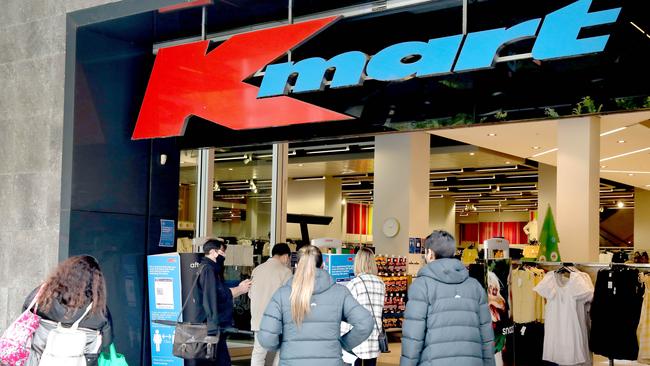
Mr Scott said Kmart delivered “significant” growth, with sales rising 4.4 per cent to $11.1bn and earnings rising by 25 per cent to $958m.
“Kmart Group’s performance was a standout, delivering significant earnings growth supported by the market-leading value credentials of its Anko products,” he said.
Mr Scott said sister discount store Target had benefited from changes, including the introduction of the popular Anko range.
“At Target, the sale of Anko products performed well and the integration of Kmart Group systems and processes progressed in line with expectations,” he said.
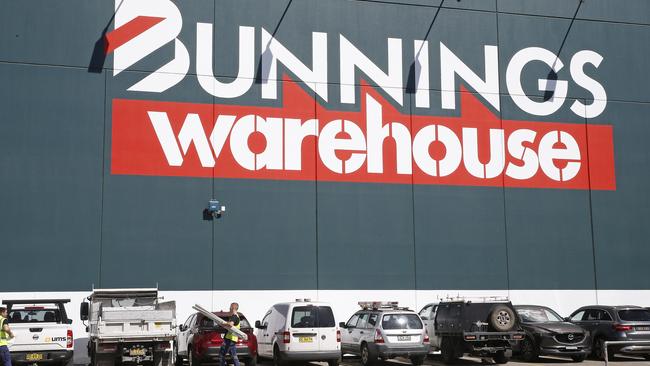
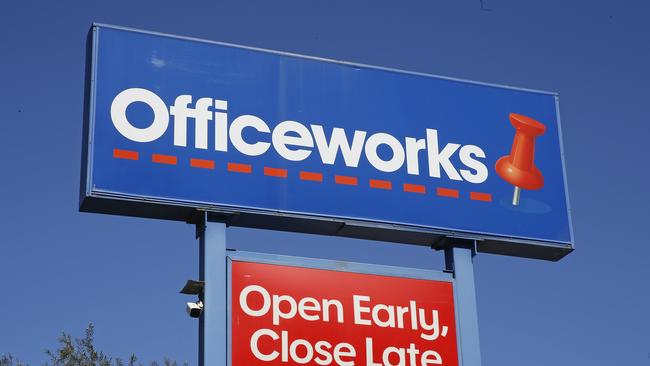
Officeworks’ revenue increased 2.3 per cent to $3.4bn, with earnings lifting 4 per cent to $208m, but the Catch.com.au online marketplace continued to underperform, with a 35.9 per cent fall in revenue to $227m and earnings of $96m.
The hardware giant Bunnings Warehouse also delivered growth in sales – up 2.3 per cent to $19bn – by “appealing to consumers seeking affordable options to maintain and improve their homes”.
“Bunnings demonstrated the resilience of its offer and ability to deliver growth through a range of market conditions, with higher sales growth recorded in the second half,” Mr Scott said.
But the chain, the biggest for Wesfarmers, experienced a softening of sales in the second half of the year.
Officeworks sales were 2.3 per cent higher, but sales for Wesfarmers’ chemicals, energy and fertiliser business, WesCEF, fell 17 per cent and earnings plunged 34.2 per cent to $440m due to lower global commodity prices.
Mr Scott also defended the group after the Coalition instigated a senate inquiry into the so-called big box retailers, after focusing on supermarkets earlier this year.
Opposition Leader Peter Dutton has said the inquiry was needed to investigate whether price-gouging or is happening.
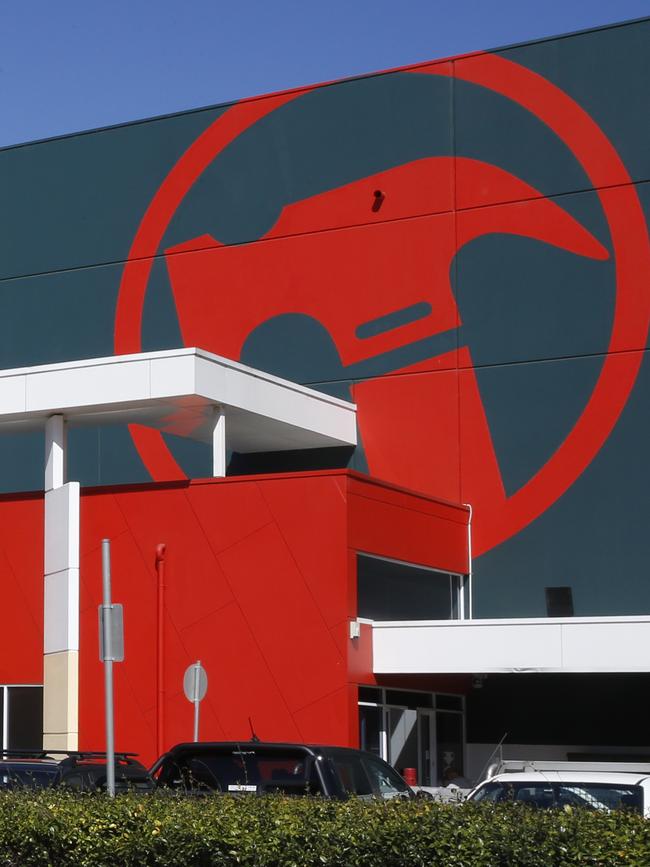
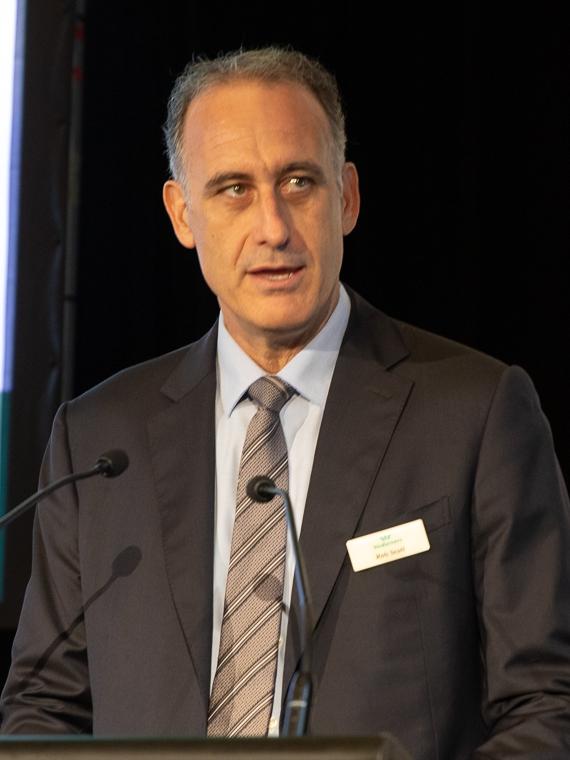
Mr Dutton said the difference in profit margins between Bunnings and its smaller rivals Mitre 10 and Home Hardware “is astronomical”.
“We want them (businesses) to be successful, we want them to be profitable, but we can’t have price gouging, particularly where you’ve got market concentration,” Mr Dutton said on Monday.
“Ultimately, we want a free market to operate effectively, and a free market is not where consumers are being ripped off.” he said.
Mr Scott said the introduction of a Bunnings Warehouse to a market usually led to increased competition and lower prices.
“What we find is that when Bunnings goes into a new region or goes into a new category, it generally decreases the prices, improves choice and drives very significant community benefits,” he said.
“The performance of our businesses in the last year is a function of our commitment to lowest prices.”





To join the conversation, please log in. Don't have an account? Register
Join the conversation, you are commenting as Logout